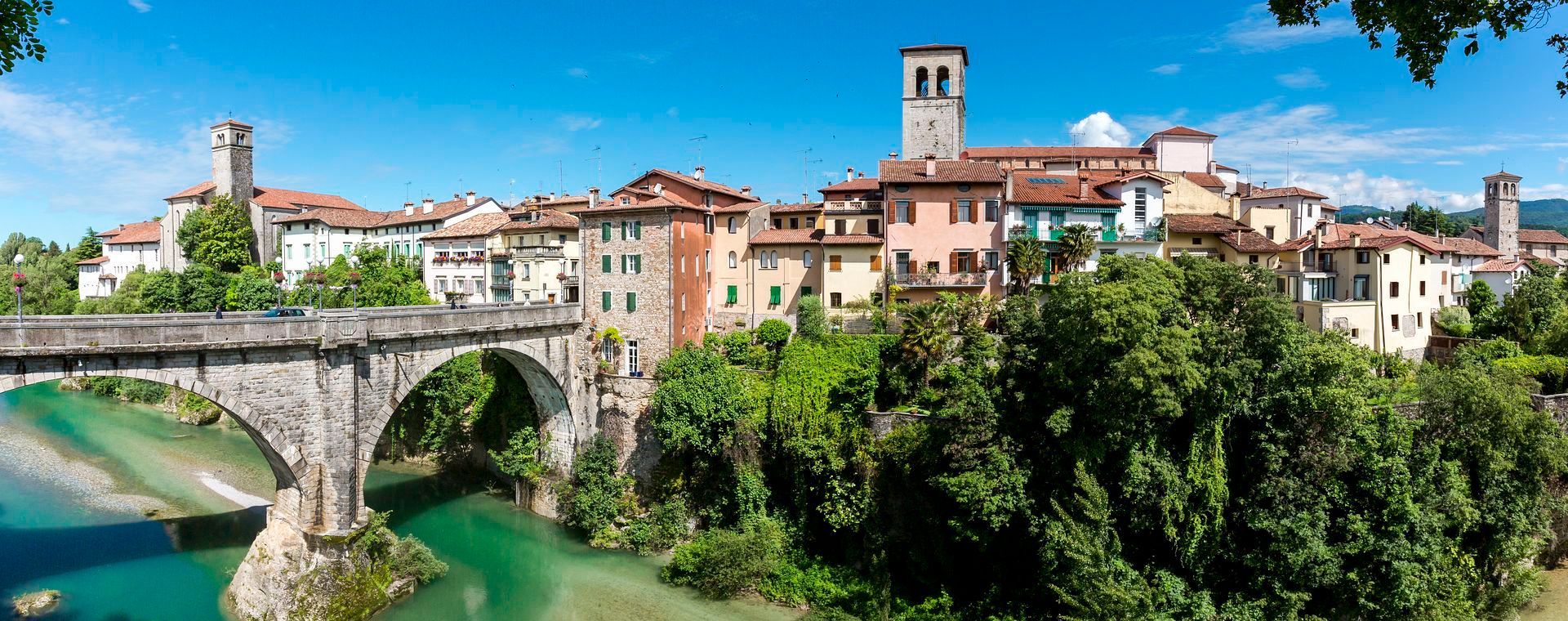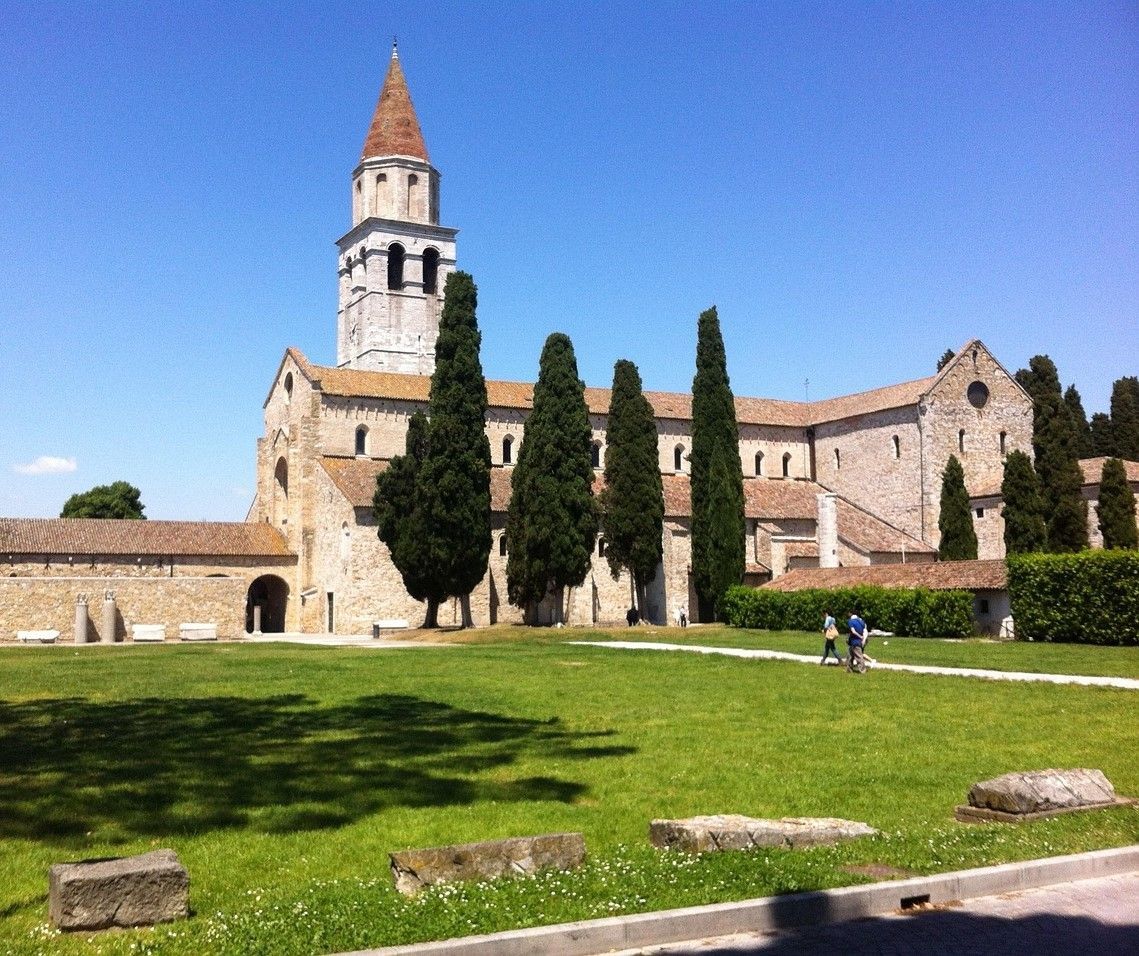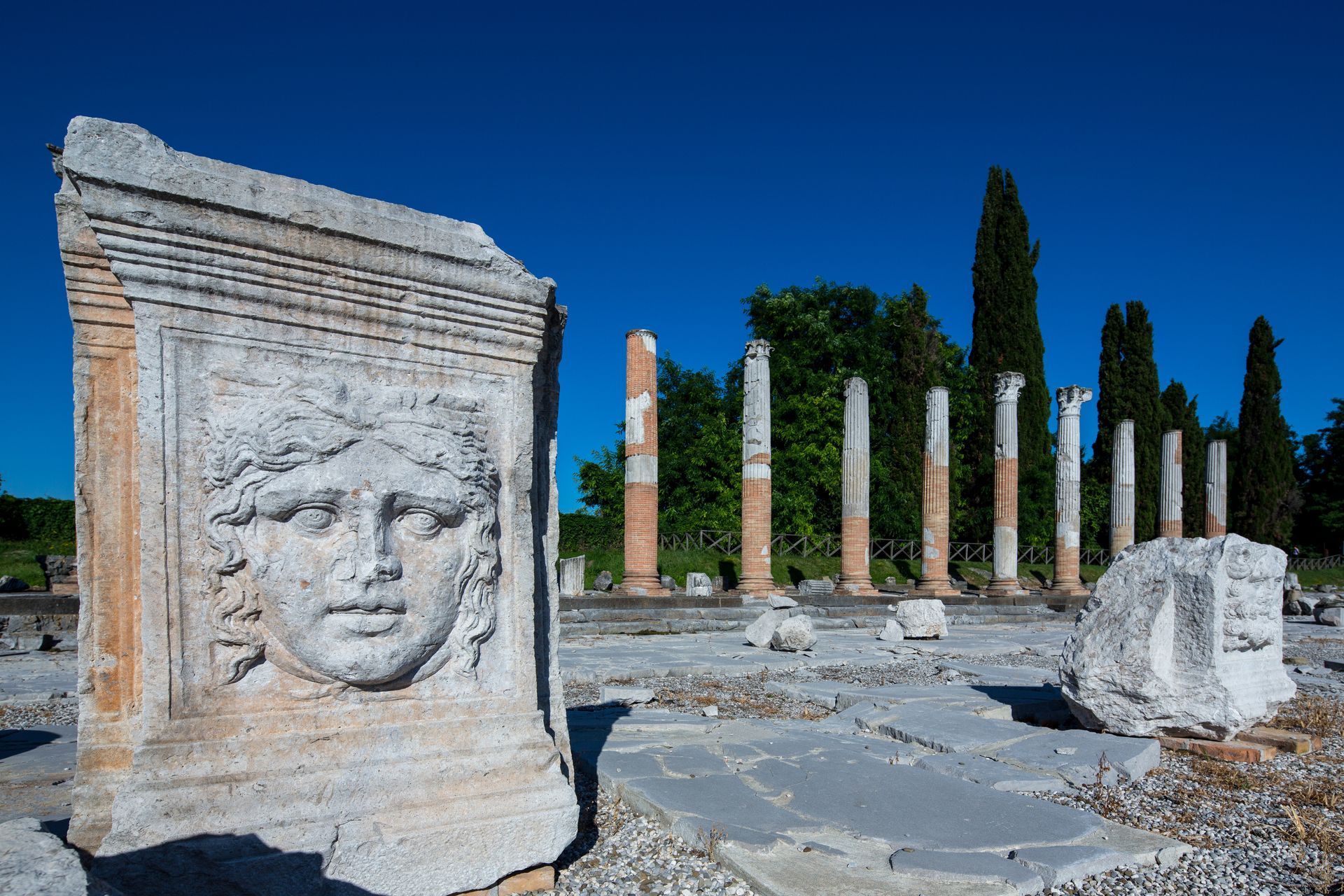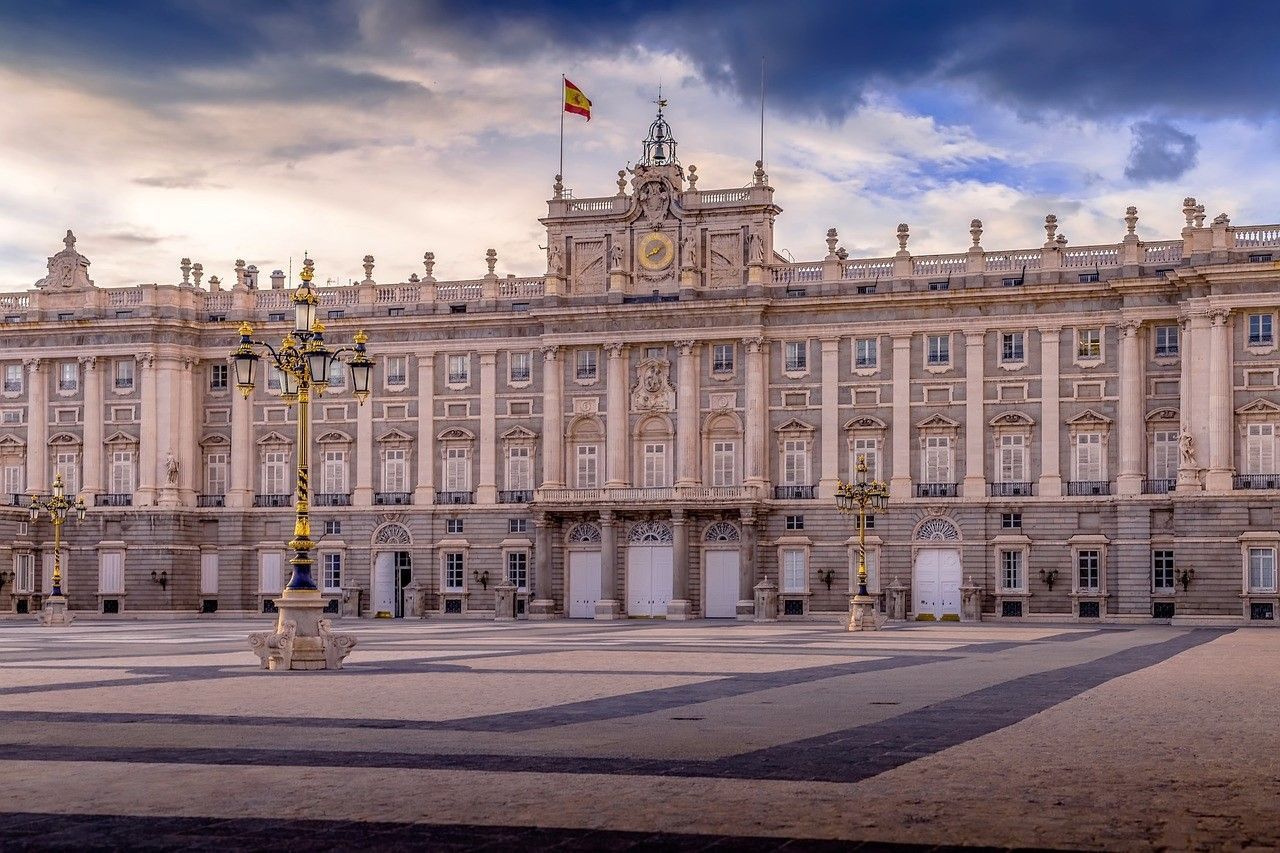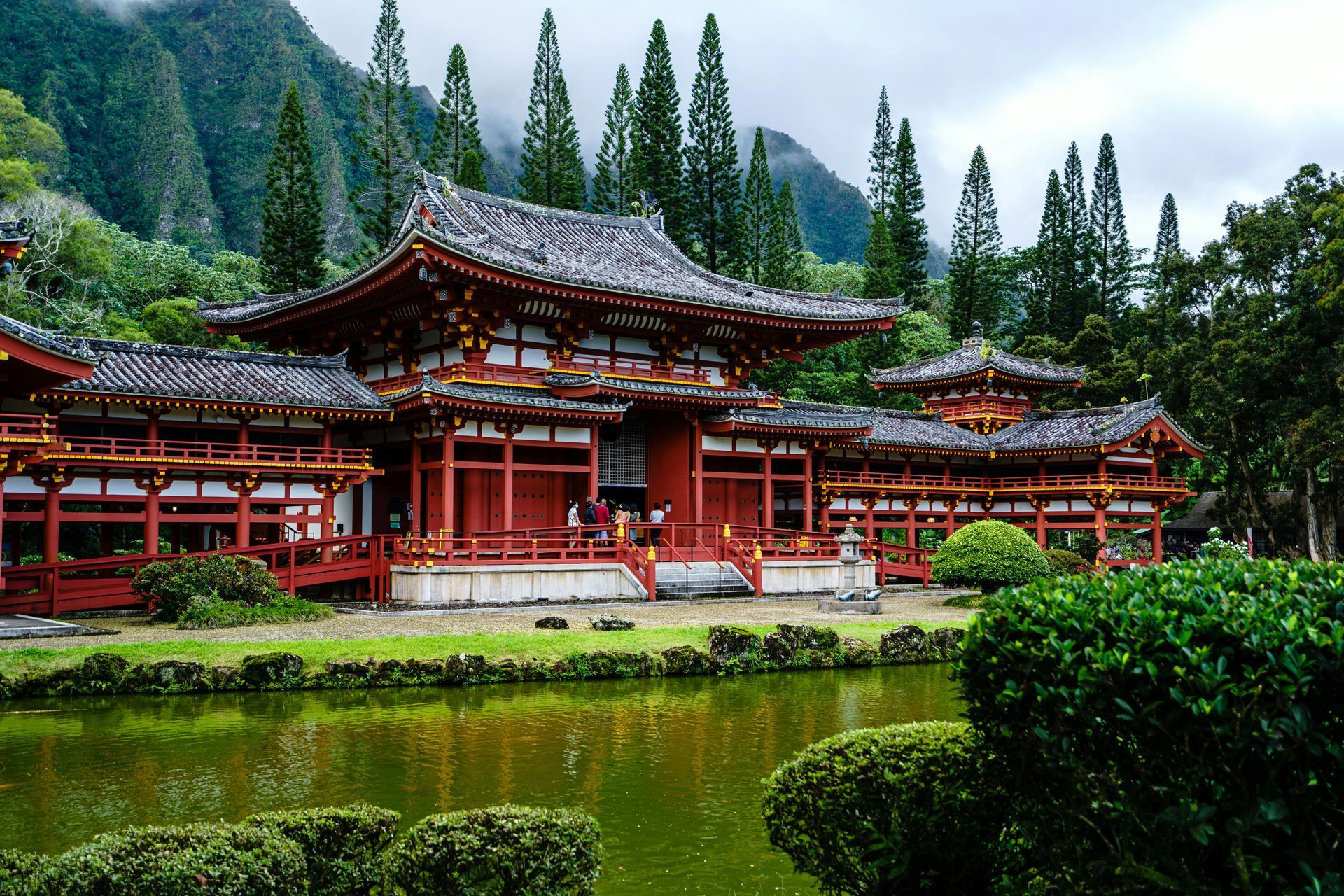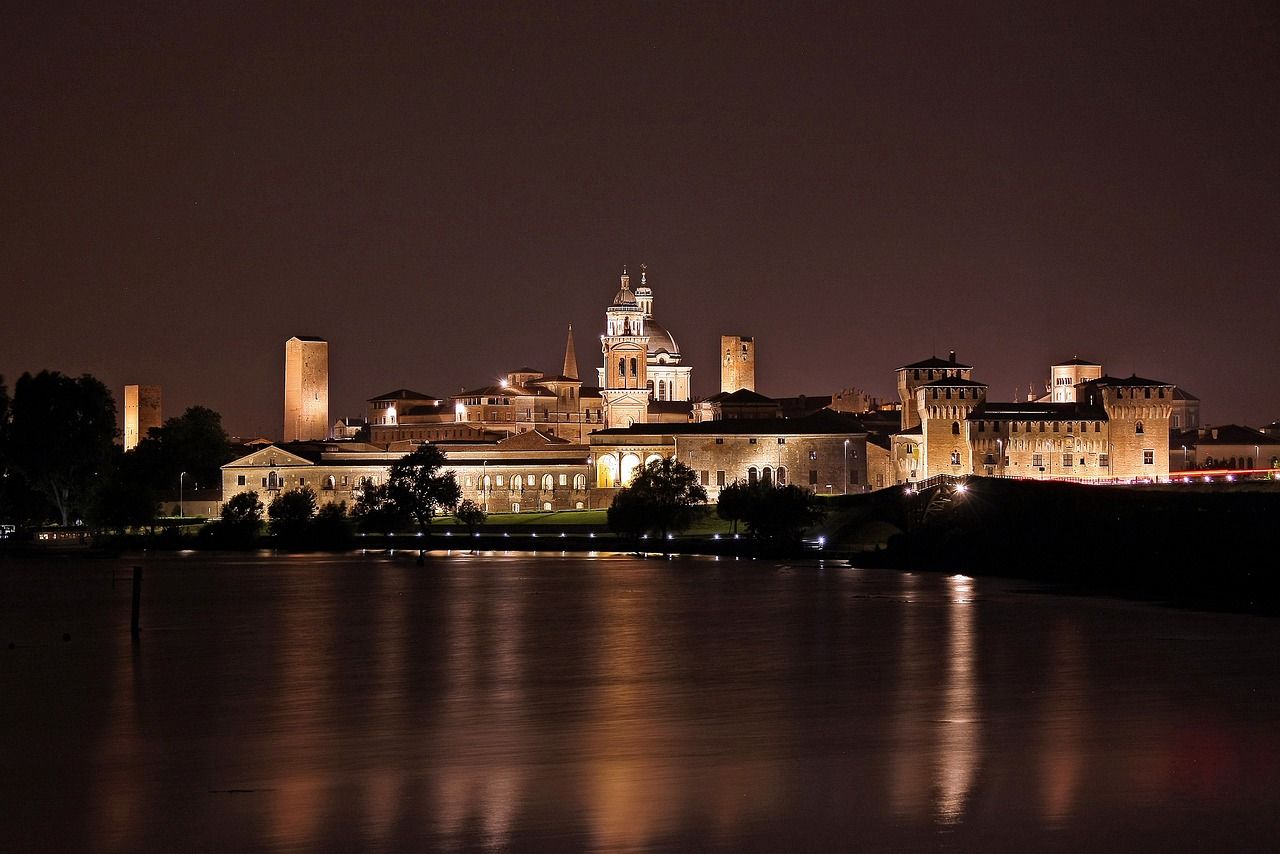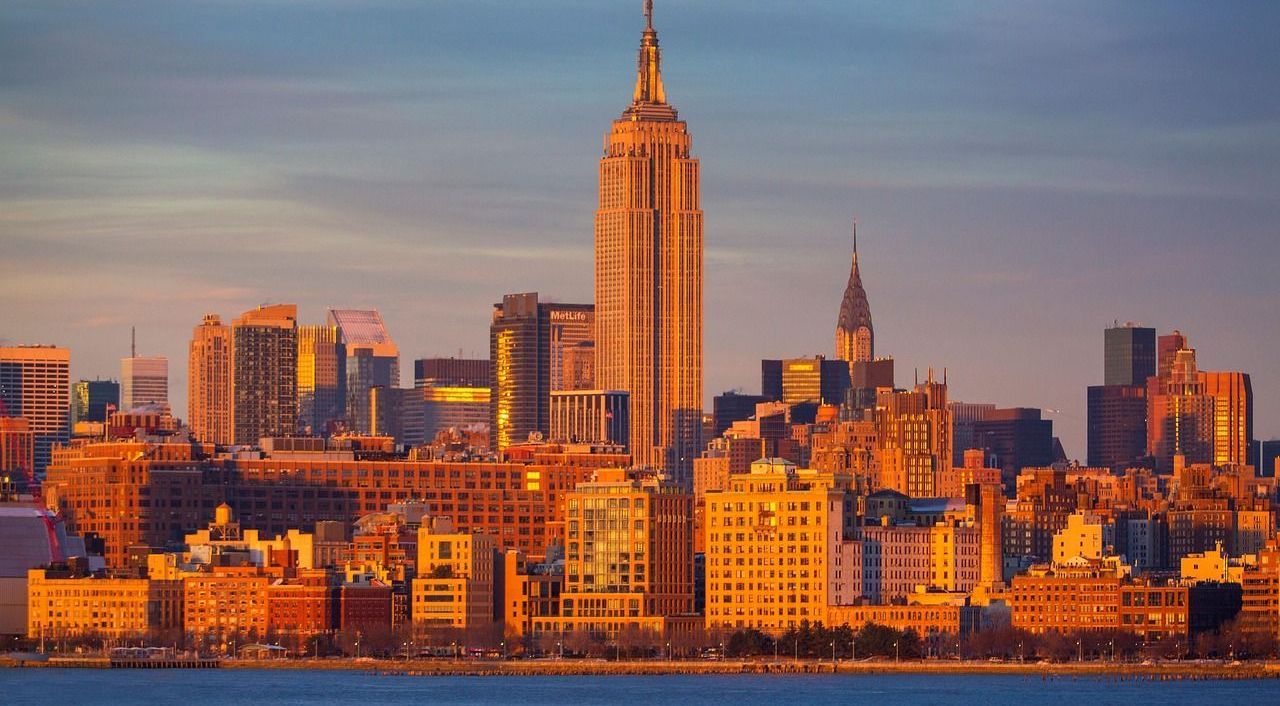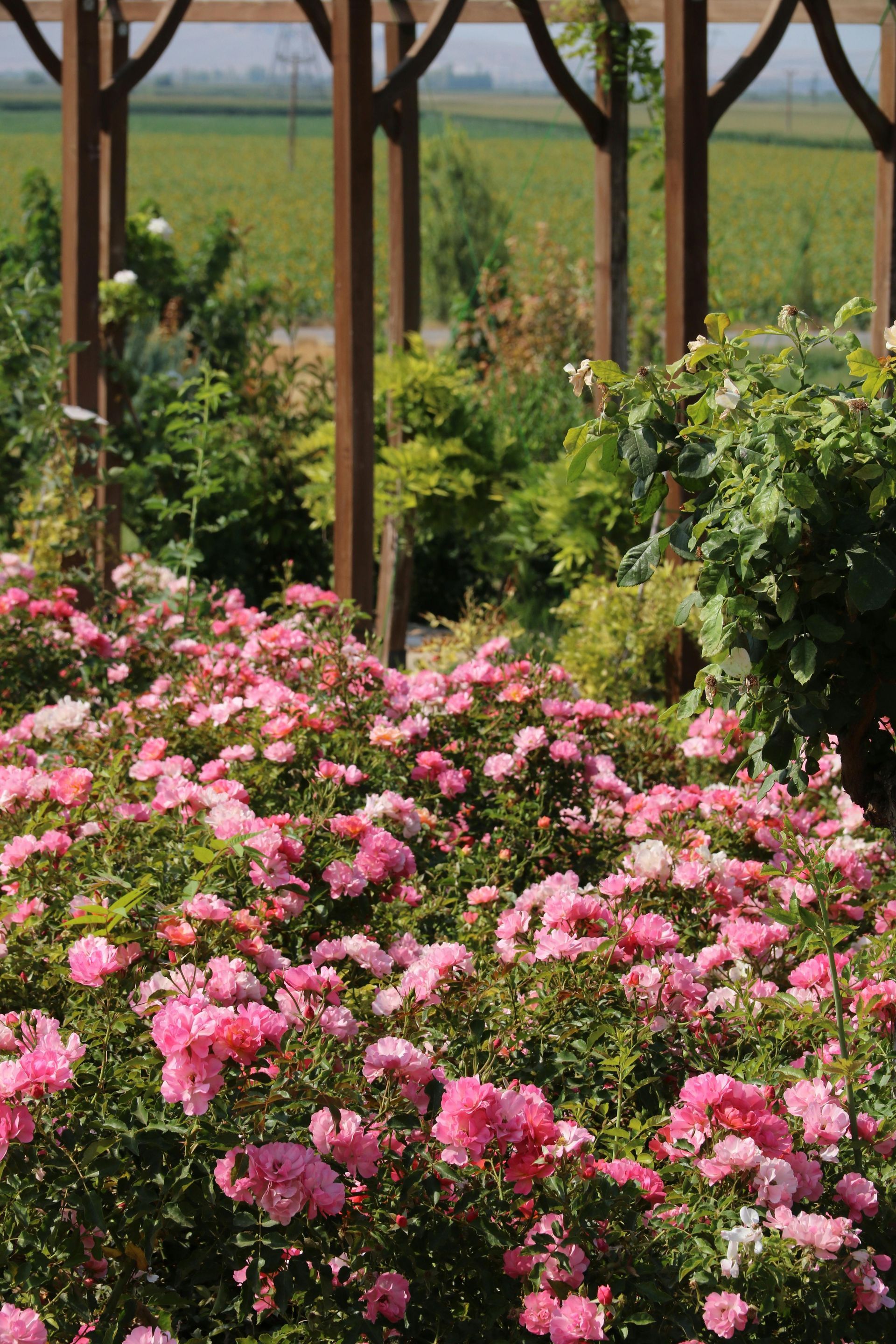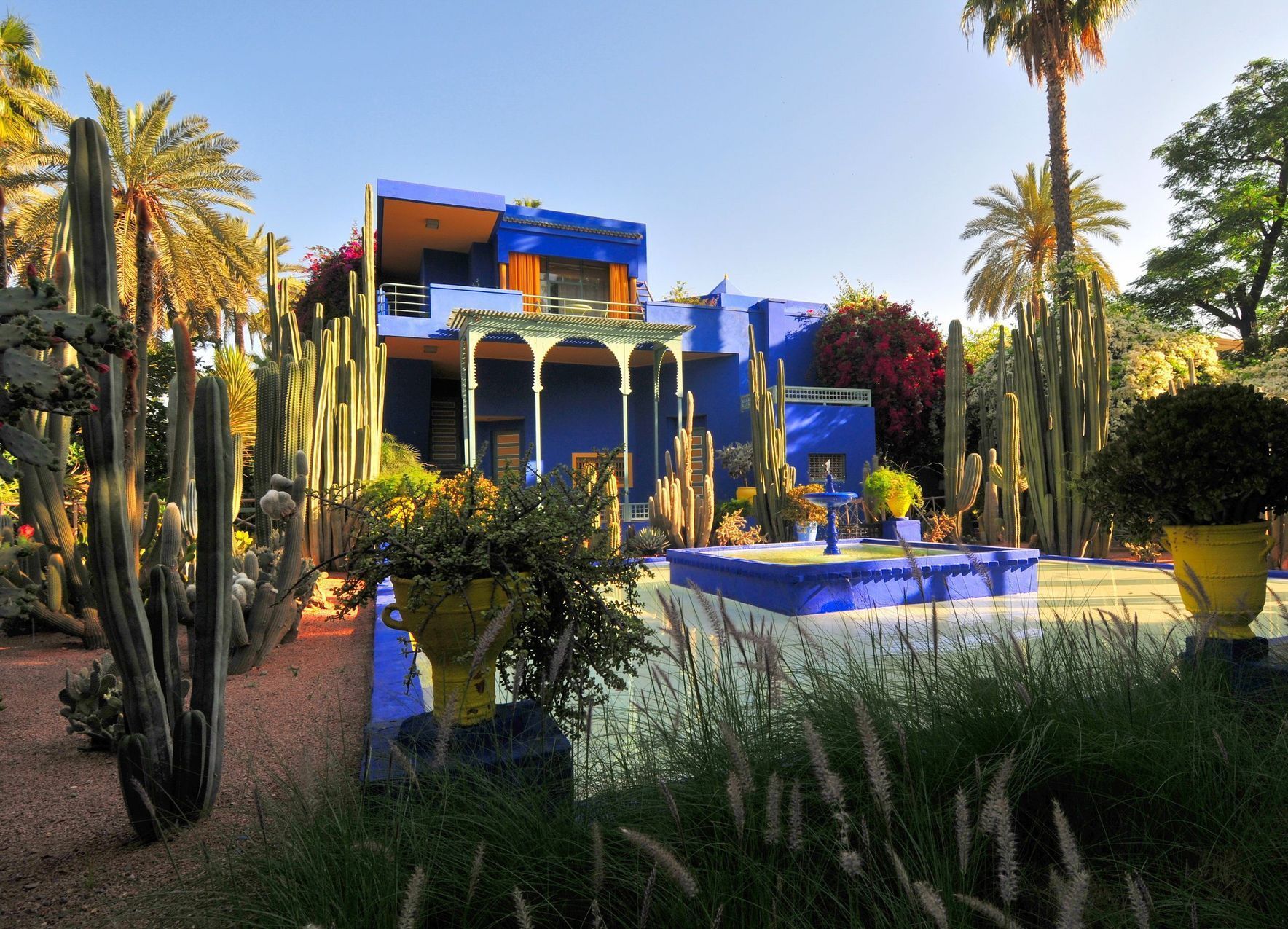AQUILEIA Cultural crossroads from Antiquity to the Lombards
5 days | £2250 per person with flights | 21 - 25 June 2026
Cultural crossroads from Antiquity to the Lombards
After more than six hundred years of protecting Rome’s northern frontier against barbarian incursions, the city of Aquileia was besieged, conquered and razed to the ground by Attila the Hun in 452. At the time of its destruction, Aquileia was one of the largest and most important cities in the Roman world, and its imperial splendour reveals itself in the exquisite fourth-century mosaic floor that survives under its eleventh-century basilica. The ruins of its once thriving harbour and the fragmentary treasures in its archaeological museum, one of Italy’s largest, also bear witness to the city’s size and significance. During what used to be called the Dark Ages, a rebuilt Aquileia fell under the artistic and political influence of the Lombards, whose first Italian capital was at nearby Cividale. A protracted religious rivalry ensued between Lombard Aquileia and its former port of Grado, now dominated by Byzantium, which saw both towns construct some of the finest early medieval buildings in northern Italy. These local conflicts were settled definitively however by the hegemonic rise of Venice, and the footprint of the Most Serene Republic is clearly visible in the later architecture of the region.
Day to day Itinerary
Day 1
Fly from London to Venice. Coach to Udine where the tour will be based for a group meal together.
Day 2
Full day excursion to Aquileia and Grado. At Aquileia a special opening of the Museo Paleocristiano is particularly interesting for its moving and at times highly personal early Christian inscriptions. The Ancient Roman port and the early Christian complex include two large 4th-century basilicas with stunning mosaic floors of the same period and a painted crypt of the 12th-century. After a group lunch, continue by boat to the lagoon of Grado, which rose to power after the Lombard invasion of the mainland in 568. Grado’s two ancient churches S. Eufemia and S. Maria delle Grazie date from this early Christian period.
Day 3
A second day in Aquileia stopping first at the Basilica and Baptistry. The Archaeological Museum has a fantastic collection of artefacts from the 1st to the 4th centuries including thin-walled glass urns, intricate micro-mosaics and the remains of a Roman boat. After a group lunch, return to Udine for some free time.
Day 4
Full day excursion to Cividale, founded by Julius Caesar as ‘Forum Iulii’ which gave its name to the entire Friuli region. In 568 it became the first centre of Lombard power in Italy. The Tempietto Longobardo, decorated with fine stucco reliefs, is a rare edifice of the 8th century. From the same era date the reliefs of an octagonal baptismal font and the Altar of Duke Ratchis in the small Christian Museum. Cividale’s National Archaeological Museum is especially renowned for its superb display of precious Lombard finds from the first 6th century settlement to the end of the 9th century duchy, already permeated by the Carolingian world.
Day 5
Check out and coach to Concordia Sagittaria, founded in 42 BC as Iulia Concordia at the junction of the Ancient Roman roads of the Via Postumia and the Via Annia, both leading to Aquileia. By coach to Sesto al Reghena where on the border between Friuli and the Veneto lies the former Benedictine Abbey of S. Maria in Sylvis. Founded in 730 - 735, though its abundant fresco decoration dates mostly from the 12th to the 15th centuries. Continue to Venice airport for the return flight to London.
Astoria Hotel
Located in the heart of the historic city centre, the hotel offers many years of experience looking after its clientele. Comfortable rooms welcome guests after a day spent exploring the city, making it the ideal base for our tour.
With Flights: £2250
Join Direct: £2100
Single Supp: £220
Deposit: £450
Departure Dates:
21 - 25 June 2026
Duration:
4 nights / 5 days
Your Holiday Includes:
- Scheduled return flights (Economy class) from London to Venice
- Four nights’ bed and breakfast at the Astoria Hotel in Udine
- Private coach transfers and excursions
- Two evening meals and two lunches
- Guided visits to the sites and monuments listed in the programme
- Services of the Tour Lecturer and a Tour Manager
- Detailed programme and study notes
- All entrance fees, taxes, and gratuities for coach drivers and serving staff
Tour Lecturers
Dr Claudia Daniotti
Claudia Daniotti is an art historian specialising in Italian Renaissance art, with an emphasis on the reception of antiquity and the transmission of visual motifs from ancient times to the present day. A Research Associate at Keble College, Oxford, and a Honorary Research Fellow of the Centre for the Study of the Renaissance at the University of Warwick, Claudia earned her BA (Hons) and MA from the Ca’ Foscari University, Venice, and her PhD from the Warburg Institute, London. She taught and lectured for years both in academia and museums, including Warwick, Buckingham and Bath Spa universities, the Courtauld Institute of Art, the V&A Academy, and the Estorick Collection of Modern Italian Art in London. Among her publications, is the monograph Reinventing Alexander: Myth, Legend, History in Renaissance Italian Art (Brepols, 2022).
Travel Information
The price does not include extras at the hotels or travel insurance.
Please note that Art Pursuits use hotels of character featuring a variety of rooms & styles.
Stamina
Please note that most of our tours involve a large amount of walking, across uneven ground and often without the opportunity to sit down for at least half an hour. We ask that clients inform us if they have difficulties before booking to avoid any issues whilst on tour.
